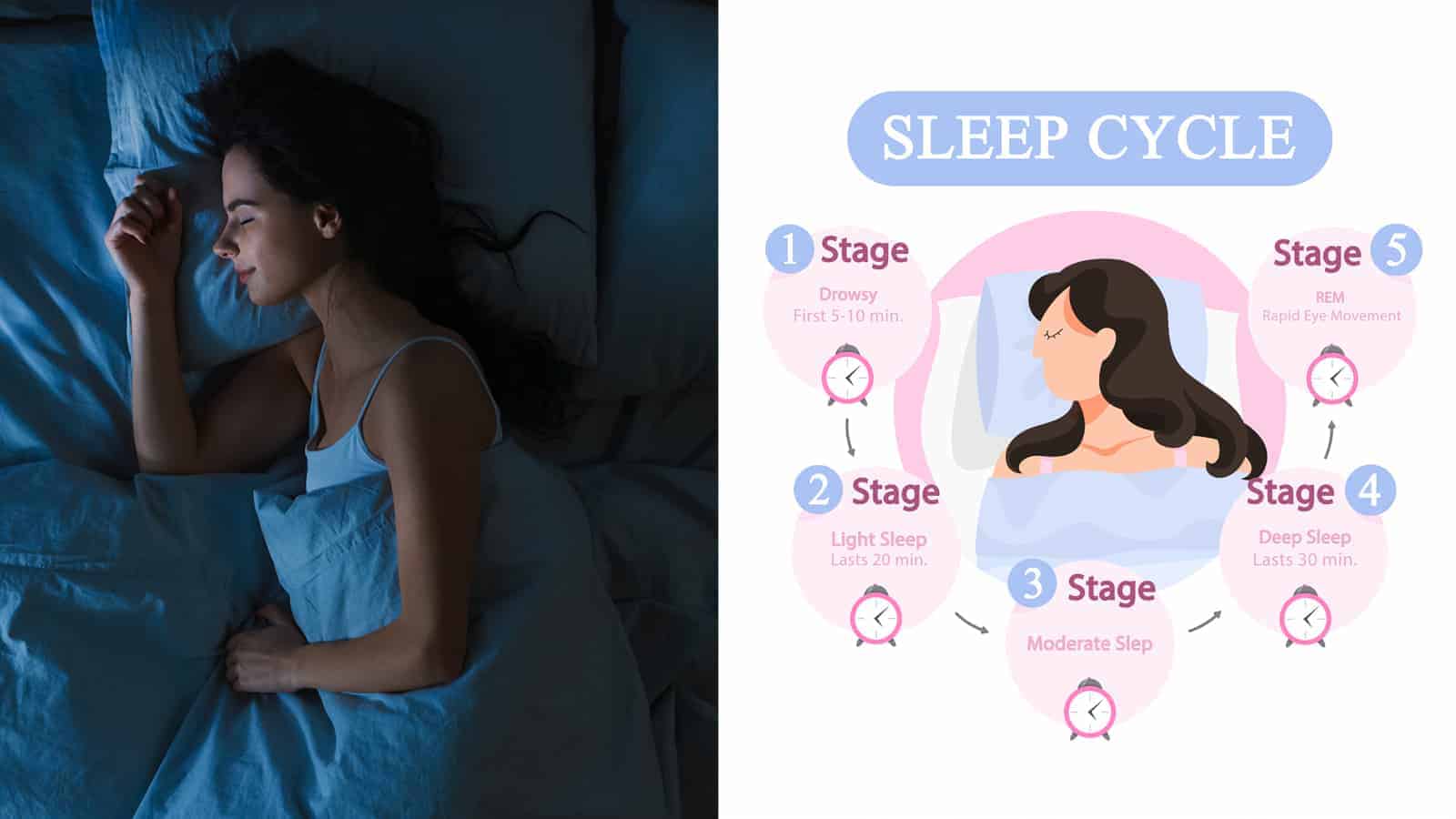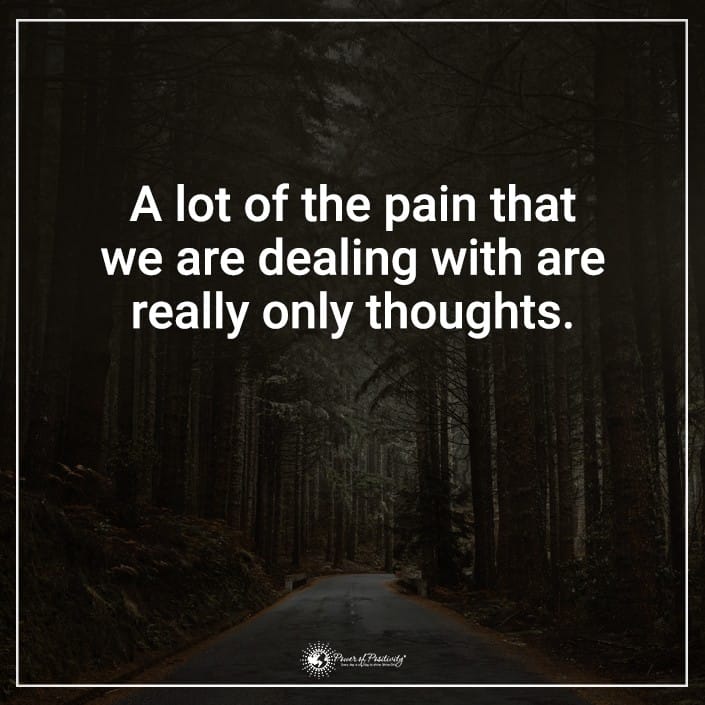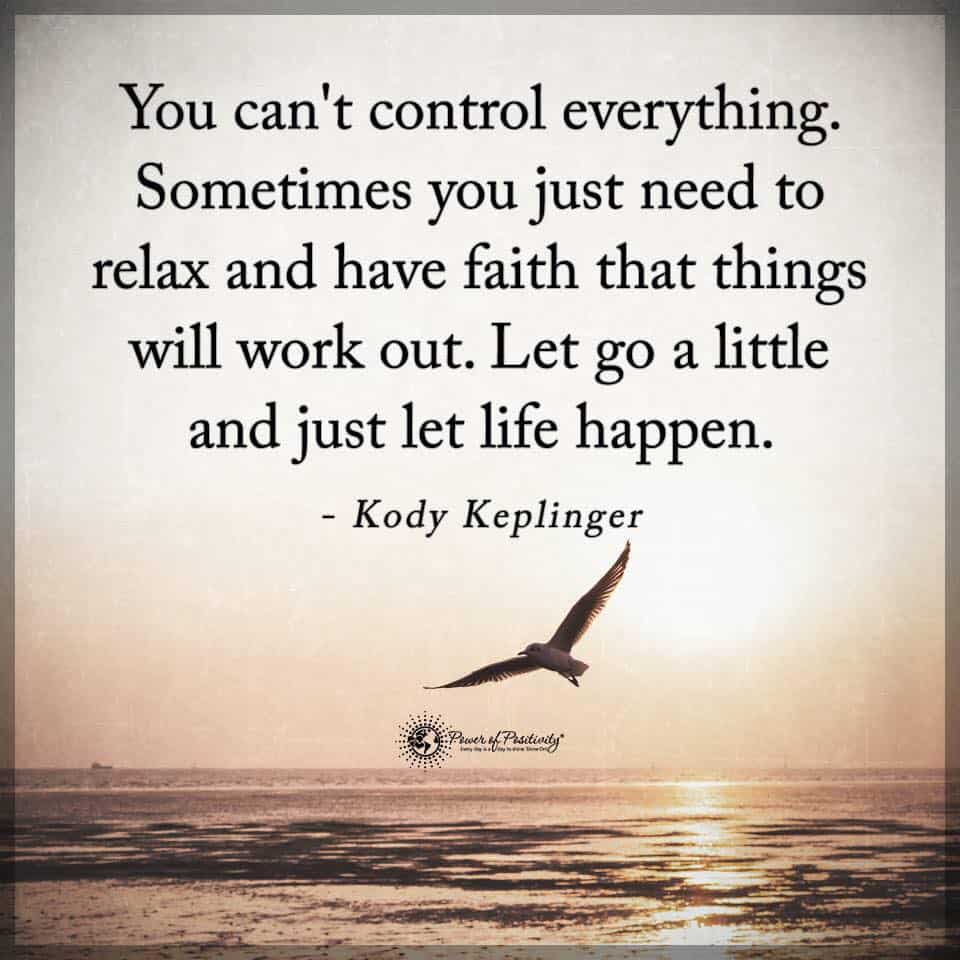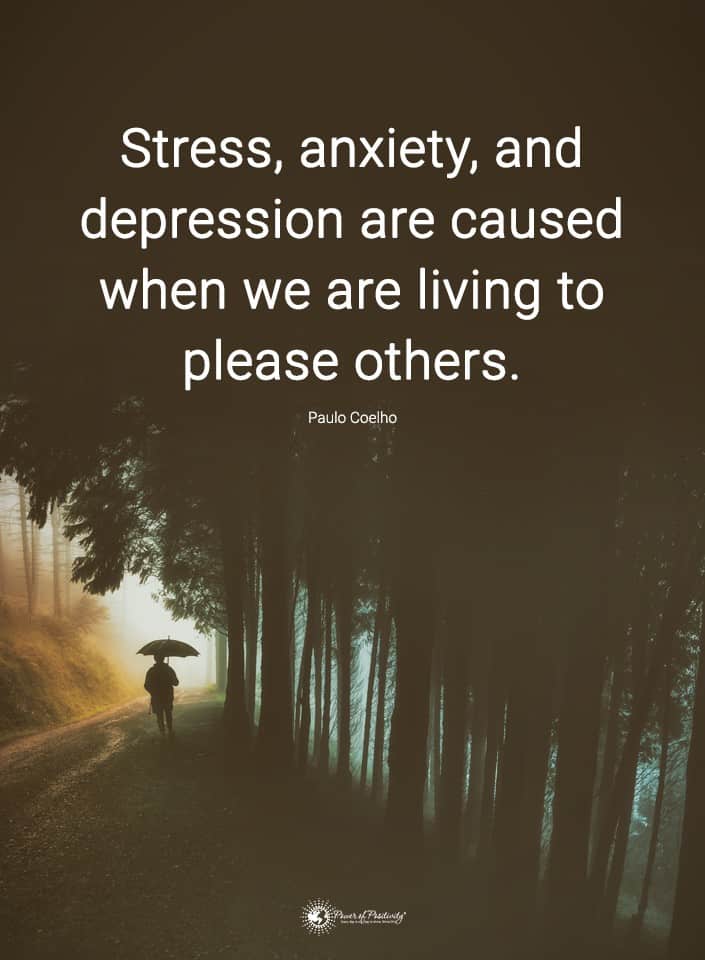When you sleep, your brain goes through two phases. One is called rapid eye movement (REM) sleep, and the other is called non-rapid eye movement (Non-REM) sleep. Your brain will cycle through REM and Non-REM sleep numerous times every night. Here’s what sleep specialists say you should know about these two sleep cycles.
What is REM sleep?
REM sleep begins about 90 minutes after you fall asleep. It gets longer as the night goes on. REM sleep has these characteristics.
- Your body and brain are stimulated.
- Your breathing becomes irregular and faster.
- You dream since your brain is more active.
- Your eyes will dart back and forth.
- The body relaxes and becomes immobile, so you don’t act out your dreams.
- Your body temperature dips slightly.
Typically, every 90 to 120 minutes, you go in and out of REM sleep. You dream during REM sleep, but sometimes it can occur during Non-REM sleep. As you get older, you have less REM sleep.
What is Non-REM sleep?
There are three stages of Non-REM sleep, according to the team at Cleveland Clinic. Here is a breakdown of each stage.
- Stage 1: In this stage, you’re in between being awake and starting to fall asleep. Your breathing and heartbeat slow down, and your muscles start to relax. This stage usually lasts 5 to 15 minutes.
- Stage 2: In stage two, you’re in a light sleep. Your brain waves begin to slow down, and your body temperature gets lower. This stage lasts anywhere from 10 to 25 minutes.
- Stage 3: During stage 3, you are in your deepest, most restorative sleep. At this point, your heartbeat and breathing are very slow. Your muscles are completely relaxed. Then your body starts to repair tissue and sends blood to your muscles. Your energy gets renewed. Your body also releases hormones. When you wake up during this phase, you’ll feel disoriented for several minutes until you’re fully awake.
How much sleep do you need?
Your sleep patterns change as you get older. Babies need 16 to 18 hours of sleep per day for good growth and development. Elementary age kids need 91/2 hours of sleep. Studies show that most adults need 7 to 9 hours of sleep each night. After age 60, you tend to sleep less with a lighter and more interrupted sleep during the night. The idea that you can catch up on your sleep on the weekends is a fallacy because you can’t really catch up if you aren’t sleeping during the weeknights.
What happens if you don’t get enough REM and Non-REM sleep?
Sleep studies show that REM sleep is important for you to function during the day, especially for learning, memory, or learning a new skill. Getting REM sleep also improves your ability to problem-solve. Lack of REM sleep can affect your mood. Mood disorders like depression, anxiety, or post-traumatic stress (PTSD). If you aren’t getting a good night’s sleep, good chance, you’re not getting REM sleep. Besides mood disorders, lack of proper sleep can cause other physical problems such as
- Pain
- Cardiovascular problems
- Metabolism problems
If you’re not sleeping well, good chance, you are not getting enough REM sleep. Certain things affect your ability to sleep well, including the following habits:
- Alcohol
- Caffeine
- Pain meds
- Antidepressants
- Thyroid medications
- Lack of physical exercise
How can you get more REM sleep?
There’s no question that you need an adequate amount of sleep and specifically REM sleep. Several things can interrupt your sleep, but what can you do to ensure you get a good night’s sleep and REM sleep? Here are specific suggestions to get deeper sleep and to be able to move into REM sleep stages easily so you can get improved overall sleep.
1 – Exercise
Daily exercise is a huge help to get a good night’s sleep. Sleeping studies found that exercise improves the quality of your sleep. If you are sporadic in your exercise, you may not see any results, but a regular pattern of daily exercise will improve your sleep. Walking for 20 to 25 minutes a day can be helpful. Or you can try other exercises such as
- Yoga
- Swimming
- Jogging
- Biking
- Fast walking
Don’t exercise 3 hours before bedtime because this can make it hard for you to wind down enough to sleep.
2 – Plan your sleep and times of being awake
Keep a regular wake up time and going to be times. This helps your body regulate its wake cycle and sleep cycle. This helps give you the ability to enter into light sleep and REM sleep. It can even help you wake up easier.
3 – Don’t let stress rule you
Find creative ways to get rid of stress. Life gets busy with work, kids, home projects, and extended family. If you’re feeling stressed out from everything going on in your life, you won’t sleep well. Find a way to relieve your stress through a hobby, mindfulness, or journaling. These habits give your mind and body a break. You’ll feel more refreshed and less overwhelmed. Some people have found aromatherapy helpful. Aromatherapy uses essential oils for relaxation and stress release. Use a diffuser with essential oils like
- Lavender oil
- Chamomile oil
- Sweet Majoram oil
- Valerian oil
- Sandalwood oil
4 – Limit how much you drink in the evenings
Hydrate during the day, but slow down your fluid intake in the evening to prevent needing to get up during the night. Don’t drink wine or other alcoholic drinks late in the evenings since these can also interrupt your sleep cycle at night.
How do you know if you’re getting enough sleep?
Sleep is so important for you to function well during the day, but how do you know if you’re really getting enough sleep at night?
Here are some signs you’re not getting enough sleep at night.
- Feeling drowsy during the day. You may even fall asleep at work or in your chair at home during the day.
- Mini naps during the day
- Feeling groggy when you wake up in the morning and during the day.
- I can’t get out of bed in the morning.
- Feeling irritable.
- Feeling extra hungry due to lack of sleep.
- Forgetting things
- Having a hard time remembering things.
- Hard time focusing
- Sleeping in on days when you don’t need to get up.
Here are signs that indicate you are getting enough sleep during the night.
- You feel healthy, happy, and energized during the day.
- You’re focused and productive during the day.
- Relying on caffeine to get through the day.
- You don’t feel drowsy or sleepy during the day.
- You keep a regular sleep and wake schedule. Plus, you find it’s easy to get up in the mornings.
Lack of sleep can also cause other symptoms such as:
- Slower reaction times while driving
- A weakened immune system can cause you to get sick.
- Feeling pain more frequently.
- Higher chances of heart attack, diabetes, obesity, high blood pressure
- You’ll have less of a sex drive.
- Wrinkles in your skin, circles under your eyes
- Overeating, weight gain
- You’ll make bad decisions.
How to get a good night’s sleep
There are several ways to ensure you get a good night’s sleep. Here are some good tips to follow.
- Stay on schedule: Go to bed approximately at the same time every night. Try to wake up every morning at the same time. This creates a regular cycle for your body.
- Sanctuary for sleep: Your bedroom should be quiet, dark, and comfortable for sleeping. Remove extra furniture that crowds the room. If possible, don’t work in your bedroom. Keep this strictly for sex or sleep. No television and turn off your smartphone.
- Have a bedtime routine: Begin to wind down as your bedtime gets closer. Take a bath, read a book, anything to relax.
- Try not to drink too much caffeine during the day.
- Avoid napping if possible since this can affect your ability to sleep.
- If you still aren’t sleeping well, it may be best to talk to your doctor. If you’re taking medications like Synthroid, you may need an adjustment to help you sleep since too much or too little can keep you awake.
Final thoughts on Getting Adequate Non-REM and REM Sleep
REM and Non-REM sleep are important for you to be able to function during the daytime. They improve your memory, learning, and focus ability. If you’re not sleeping well, it can affect your mood and lead to depression, heart and metabolism problems. But at the same time, everyone is different when it comes to sleep.
Everyone has different things that may interfere with sleep. Try to take steps towards getting good sleep with exercise, limited alcohol in the evening, and finding ways to lower your stress. Some people have found sleeping apps helpful to regulate their sleep patterns. These apps personalize your sleep routine and sometimes offer suggestions on how to get better sleep accordingly.
















 Community
Community

